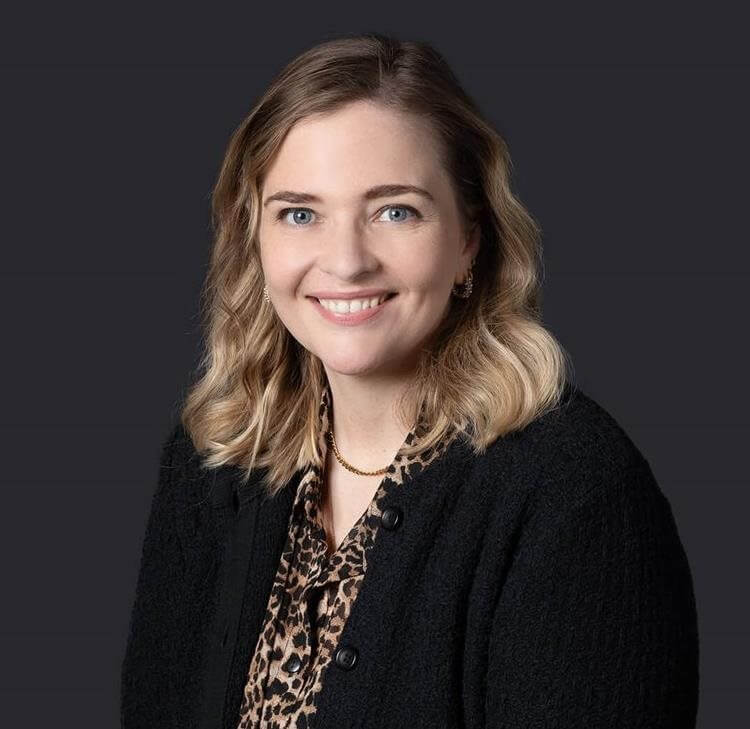Monitoring officers could be freed from ‘firefighting’ duties to play a larger role in major decision-making within local government by reforming the standards regime for councillors, a roundtable hosted by Browne Jacobson, Local Government Information Unit (LGiU) and Lawyers in Local Government (LLG) heard.
Many of those working in the statutory officer role, which is responsible for the legal governance of local authorities, said they spend too much time handling issues related to councillor code of conduct rather than supporting leaders with tough choices on how to cut budgets amid a rise in Section 114 notices being filed.
By abolishing the Standards Board regime in the Localism Act 2011, the Government removed the requirement for councils to maintain a code of conduct, replacing it with a voluntary regime.
About 20 monitoring officers working in councils across England attended the roundtable, which was held in March to discuss findings in a report, titled The Changing Role of the Monitoring Officer and published by the LGiU’s Local Democracy Research Centre in partnership with UK and Ireland law firm Browne Jacobson and LLG in November last year.
Peter Ware, Partner and Head of Government at Browne Jacobson, said: “Findings in The Changing Role of the Monitoring Officer report demonstrated the importance of the monitoring officer role for good governance in local authorities, and highlighted a position that should be supported and funded properly.
“It also illuminated the challenges they experience in doing this essential job. Our roundtable enabled us to investigate further and it’s clear that monitoring officers are being put under huge strain from the lack of a coherent councillor standards regime, which means they spend far too much time fighting fires and having their status downplayed.
“With an increasing number of councils filing Section 114 notices, it’s important to not just throw money at the problem but think about how we can encourage a culture of good decision-making locally. This should involve an empowered monitoring officer being sat at the top table, supporting leaders to make changes to key services without falling foul of statutory duties.”
The roundtable also featured discussions on the need for extra capacity, skills development and sufficient time with senior leaders for monitoring officers, as well as clear processes that ensure they are involved in decision-making conversations.
There was acknowledgement they needed to be recognised as having solutions to challenges, rather than being predominantly problem-focused and therefore potential blockers.
Ideas for future activity included establishing a professional body for monitoring officers to establish a support network for sharing practice and learnings, while promoting the role as a desirable career path for young people and others transitioning from other jobs. Creating a new job title that better reflects its duties, such as chief governance officer, was also debated.
Findings from the discussion will form the basis of a series of recommendations on how to best utilise monitoring officers in a follow-up report.
Andrew Walker, Head of Research at the LGiU, said: “We need to think more carefully about the hidden wiring of local democratic institutions.
“Roles like the monitoring officer are so important for good governance, which is itself crucial for a healthy democracy and public services that people rely on up and down the country.
“In our research, we uncovered challenges that have been growing for monitoring officers for some time. These were confirmed in the workshop discussion, but given greater nuance by participants, whose feedback and experiences added greater weight to our findings.
“It was interesting to hear about the relationships between monitoring officers and council leadership, the growing resource pressure and enormous problems around the standards regime.
“But there was an especially interesting discussion about the future of the role, and the training and skills required for a future governance function to sustain itself, and the local authorities in which it is a crucial component.”
Deborah Evans, CEO of LLG, added: “LLG supports lawyers in local government to enable them to thrive. The roundtable focused on monitoring officers as a leadership role critical to the wider health of local government and those present demonstrated how responsibilities of the monitoring officer are changing as local government evolves, clearly illustrating the challenges.
“An empowered monitoring officer will prevent council failure by ensuring better decision-making and keeping the council compliant.
“But in this complex world, there is far more to the job, and managing member behaviour can sometimes be challenging and resource intensive in an environment stripped of meaningful sanctions. Too many times, recommendations for legislative change in the standards regime have been ignored and we risk wearing down the people we depend on the most.”










































